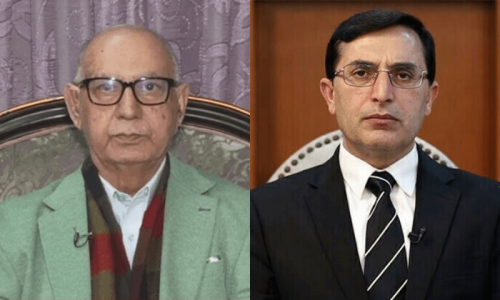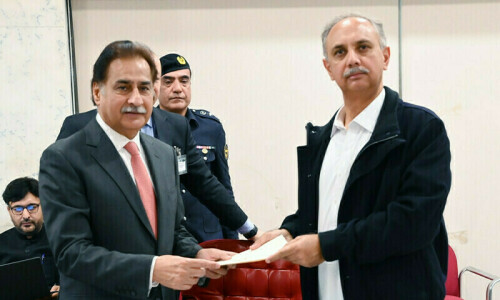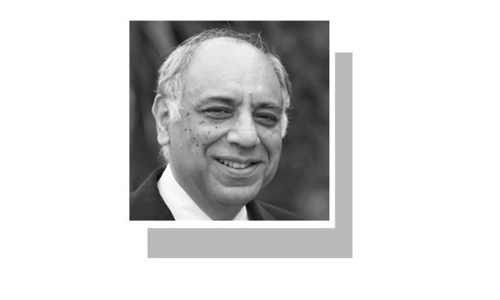
DHAKA: Bangladesh is planning to amend a law to allow the government to appeal for tougher penalties for war criminals, the law minister said on Sunday, the sixth day of protests since a convicted Islamist leader got a sentence many people think was too light.
The war crimes tribunal sentenced the Islamic party leader, Abdul Quader Mollah, to life in prison on Tuesday on charges including murder, rape and torture, the second verdict in trials that have reopened wounds from Bangladesh's 1971 war of independence from Pakistan.
The sentence sparked protests by Mollah's supporters, who say his conviction was politically motivated, but also counter-protests by many Bangladeshis who think his sentence was too lenient and he should have been sentenced to death.
Law Minister Shafique Ahmed said proposal to amend the law would be placed before the cabinet on Monday for approval, and would then go to parliament for ratification.
The amendment would give both sides the right to appeal against any conviction including inadequate sentence or acquittal. Under the law now, the prosecution can appeal only against an order of acquittal.
“The amendment will be passed in the current parliament session,” Ahmed said.
Prime Minister Sheikh Hasina set up the tribunal in 2010 to investigate abuses during the nine-month war in 1971.
It delivered its first judgment last month, sentencing a former Jamaat-e-Islami and popular Islamic preacher, Abul Kalam Azad, to death on similar charges to the ones Mollah faced. Azad was tried in absentia as he fled the country in April.
Most Bangladeshis had also expected a death sentence to be handed down to Mollah, 64, assistant secretary-general of Jamaat-e-Islami - the country's biggest Islamist party.
The main opposition Bangladesh Nationalist Party (BNP) of Hasina's arch rival, former premier Begum Khaleda Zia, and its ally Jamaat-e-Islami, say the prime minister is using the tribunal as a political weapon against them.
Hasina has rejected accusations that the tribunal is biased but it has been criticised by human rights groups for failing to adhere to standards of international law.
Eight other Jamaat leaders along with two from the BNP also face charges in the tribunal.














































